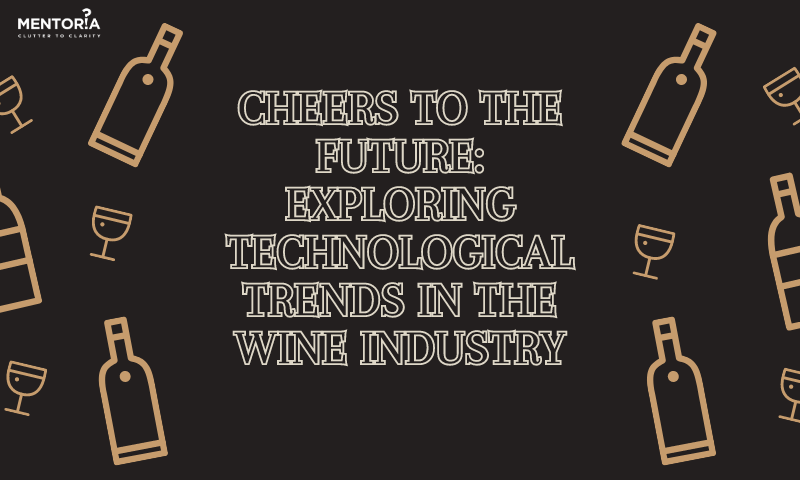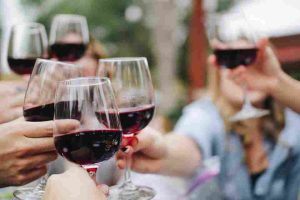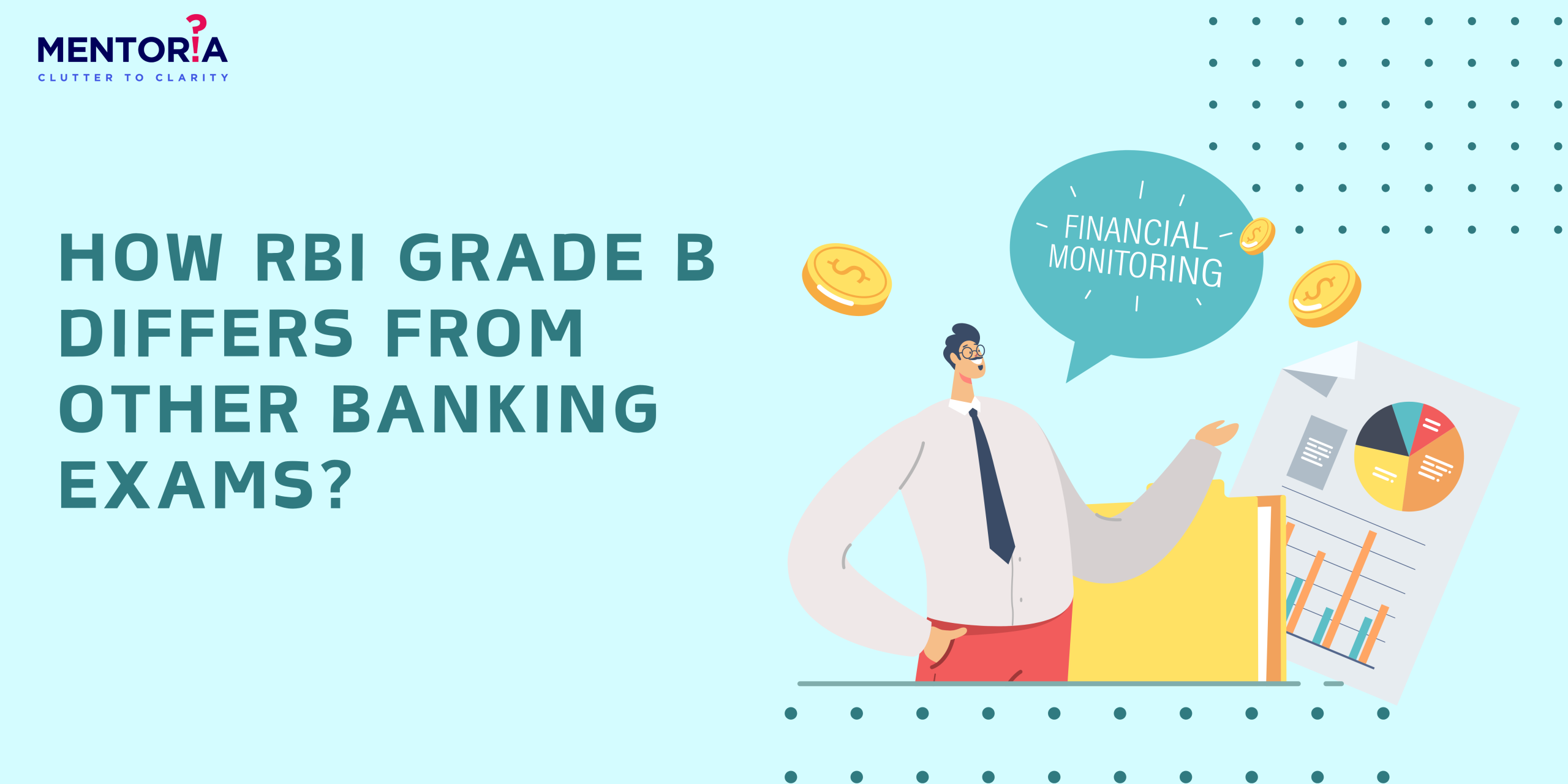Cheers To The Future: Exploring Technological Trends In The Wine Industry

Jump to Section
The wine industry is poised to undergo a profound transformation in the coming years, driven by an array of technological advancements. From vineyard to bottle, innovations are reshaping every aspect of the winemaking process, enhancing quality, efficiency, and sustainability. Artificial intelligence is revolutionising vineyard management, predictive analytics are optimising grape cultivation, and blockchain technology is ensuring traceability and authenticity. Virtual reality is providing immersive wine-tasting experiences, and e-commerce platforms are revolutionising the way consumers discover and purchase wines. The future of the wine industry is an intoxicating blend of tradition and cutting-edge technology, promising exciting times ahead.
Smart Vineyards: Where Grapes Meet Sensors
Picture a vineyard where every grapevine is digitally connected. Smart vineyards utilise sensor technologies to monitor crucial aspects of grape growing, such as soil moisture, temperature, and humidity. These sensors provide real-time data that helps winemakers make informed decisions regarding irrigation, pest control, and harvesting times. The use of sensors in vineyards is increasing by 15% year-over-year. By analysing the data collected, winemakers can optimise vineyard management, resulting in healthier grapes and better quality wines. The use of drones equipped with advanced imaging technology also enables winemakers to gather valuable data on vine health, identifying areas that require special attention.
The global market for smart vineyards is expected to grow from $1.5 billion in 2021 to $2.5 billion by 2026. Moreover, smart vineyards help reduce the environmental impact of wine production. By precisely monitoring the conditions, resources like water and fertilisers can be used more efficiently, minimising waste and promoting sustainability. This technology allows winemakers to better understand their vineyards, adapt to changing climate conditions, and produce exceptional wines that reflect the unique terroir of the region.
AI Sommeliers: Your Wine Advisor In The Digital Age
Choosing the perfect wine for any occasion can be a daunting task, but fear not! AI-powered sommeliers are here to assist. Through machine learning algorithms, these digital sommeliers analyse vast databases of wine information, including flavour profiles, pairings, and consumer preferences. By considering factors such as your personal taste preferences, budget, and the occasion, AI sommeliers can provide tailored wine recommendations. The global market for AI sommeliers is expected to grow from $50 million in 2021 to $100 million by 2026. These virtual wine advisors can be accessed through mobile applications or voice-enabled devices, making the wine selection process convenient and accessible to all. They can suggest wines that align with your preferences, recommend food pairings, and even provide detailed descriptions of flavours and aromas.
AI sommeliers also facilitate discovery and education. They can introduce users to new and lesser-known wines based on their established preferences, broadening their wine horizons. With the vast amount of information available at their disposal, AI sommeliers empower wine enthusiasts of all levels to make informed choices and confidently explore the diverse world of wine.
Augmented Reality Wine Labels: Unleashing The Bottle’s Story
Wine labels have always been works of art, but now they can be gateways to captivating stories. Augmented reality (AR) technology brings wine labels to life, allowing consumers to explore the history, vineyard landscapes, and winemaking processes behind each bottle. By simply scanning the label with a smartphone or tablet, wine enthusiasts can immerse themselves in interactive experiences, enhancing their understanding and appreciation of the wine. Through AR, consumers can virtually visit the vineyards, witness the grape harvesting process, and gain insights into winemaking techniques. They can also access information about the winery’s sustainability practices, certifications, and awards. Augmented reality creates a dynamic and engaging way to connect with winemakers, fostering a deeper connection between consumers and the wines they enjoy.
Furthermore, AR technology allows for gamification and interactive elements, making the wine experience more enjoyable and memorable. Users can participate in virtual tastings, quizzes, and challenges, testing their knowledge and exploring different aspects of wine culture. Augmented reality wine labels add an exciting dimension to wine bottles, transforming them into gateways to stories and experiences that go beyond what meets the eye.
Blockchain: The Transparent Journey From Vine To Glass
In a world where transparency and traceability are highly valued, blockchain technology is making its mark in the wine industry. By leveraging blockchain’s decentralised and immutable nature, wineries can track and authenticate every step of a wine’s journey, from grape cultivation to bottling and distribution. This technology enables a transparent and trustworthy system where consumers can verify the authenticity, origin, and even the environmental sustainability practices of the wine they purchase. With blockchain, winemakers can record and securely store information about vineyard conditions, grape varieties, fermentation processes, and bottling procedures. This data is stored in a tamper-proof and publicly accessible ledger, ensuring transparency while protecting the integrity of the information. Consumers can access this information by scanning a QR code on the bottle, gaining insights into the wine’s provenance and production methods.
The global market for blockchain in the wine industry is expected to grow from $10 million in 2021 to $50 million by 2026. Blockchain is being used to address the issue of counterfeit wines and to improve transparency in the wine supply chain. Blockchain also facilitates direct communication between consumers and winemakers, fostering a deeper connection and trust. Winemakers can share stories, tasting notes, and updates directly with their customers, enhancing the overall wine experience. Furthermore, blockchain technology addresses the issue of counterfeit wines. By creating a digital fingerprint for each bottle, blockchain enables authentication throughout the supply chain, minimising the risk of fraudulent practices. This empowers consumers to make informed purchasing decisions and support wineries that prioritise quality and transparency.
Sip, Savour, And Stay Ahead: Mentoria’s Guiding Hand In The Technological Future Of Wine
The wine industry is raising its glass to the exciting technological future that lies ahead. From smart vineyards and AI sommeliers to augmented reality labels and blockchain transparency, technology is enhancing every aspect of the wine journey. As wine enthusiasts, we can look forward to more personalised and immersive experiences, increased confidence in the wines we enjoy, and a deeper connection with the stories behind each bottle. And as the wine industry embraces the exciting technological future, it’s important for enthusiasts to stay informed and connected. Mentoria, the leading platform for wine education and exploration, is here to guide you on your wine journey. So, as we savour the flavours of the present, let’s raise a toast to the technological advancements that will undoubtedly enrich our wine experiences in the years to come. Cheers!









